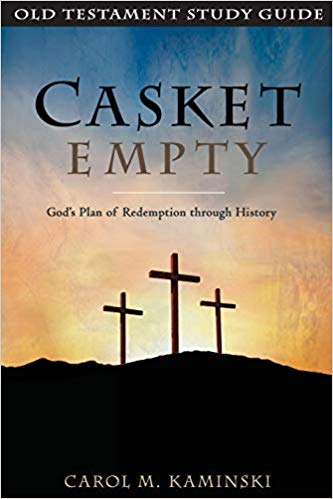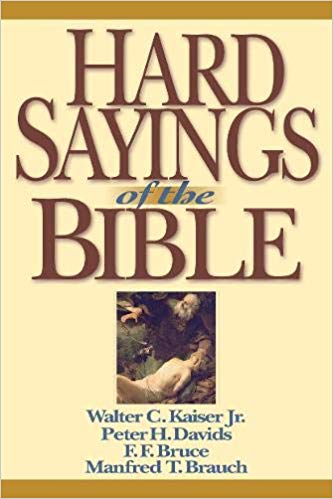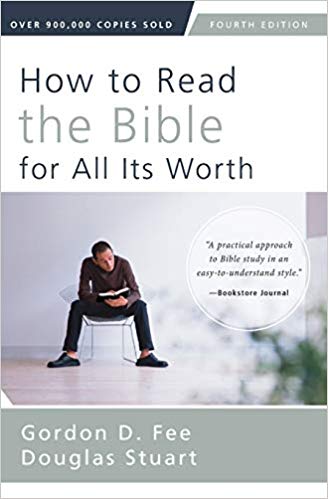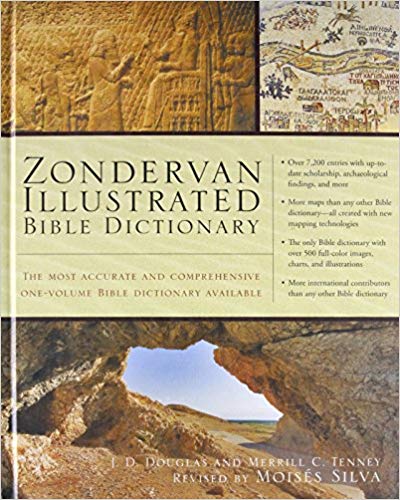When people find out I’ve been to seminary, I get one of three reactions. Some people assume that a seminary degree means I suddenly have all of the answers about the Bible and faith. As much as this sentiment may flatter my pride, it is far from the truth. This is not true of me and, I would argue, is not true of even the best of biblical scholars.
Others shrug their shoulders at this information, as if asking “so what?” They are skeptical of scholarship and question what a seminary education could offer that they can’t find in their own Bible reading. They doubt that understanding more about the culture or language that gave birth to the Bible—and to our Savior—could offer any further insight into what the Bible teaches us.
I find both of these reactions to be problematic, but we can save that discussion for another time. To be brief, as we think about studying theology or the Bible, we must chart a way between these two extremes. We must learn to read and study for ourselves—prayerfully, thoughtfully, and habitually reading the whole of the Bible, not merely listening to whomever we have deemed our approved expert. You do not need to go to seminary to learn to study the Bible well for yourself. But, as we are always reading the Bible in translation and across cultures, we benefit from additional resources that help us understand things like word plays we may miss, cultural asides and assumptions that would have been understood by the Bible’s first readers (or, rather, hearers), or people and places foreign to us.
This is why I appreciate the third reaction I receive. These people don’t assume I have all the answers, but they do assume I may have something to bring to the table here and there based on my additional study. They know their own life experience and personal study are important as they seek to understand and apply God’s Word—but they are open to additional insight that may add to, clarify, or enhance it.
As is the case with most training and schooling, I left seminary not with all the answers but equipped with better resources to know where to look for answers. Today I want to share with you some of my favorite resources and tools for studying the Bible. They will help us walk in this balance between learning from the Bible itself—and receiving help from those who have been doing it much longer and more in-depth than we have. I personally find them to be well-grounded and balanced when it comes to most theological issues, and I believe them to be fairly accessible and helpful regardless of your level of biblical and theological study.
Pen & Paper
I start here because I can’t imagine doing any sort of study without pen and paper by my side. Write down your questions, the things that stand out to you, the connections you find between different passages. Keep track of the ways you sense God speaking to you in the Scriptures or of what you’ve learned new. In the moment, it’ll be a helpful way to keep track of your thoughts, and in the future it will offer a reminder of the things you once knew but forgot and of how God has been at work in your study of His Word.
Study Bible
A good study Bible is a great foundation for Bible study. It should provide basic information on each book of the Bible (historical context, major themes, an outline, etc.) as well as footnotes throughout with tidbits about translation, culture, related passages, and more. I would recommend choosing a study Bible that is compiled by a panel of scholars and pastors, not one by merely one person.
Another helpful feature of a study Bible (though some standard Bibles also have this) is a cross reference list. You’ll see this running in parallel as you read the Bible. It’s usually a smaller-text column with Bible references. (The cross reference list in my study Bible is placed in the crease of the center binding of each page.) This list is an excellent way to find other passages of the Bible that relate to the one you’re studying. Seeing how the Bible refers to itself and is in conversation with itself will give you a fuller understanding as you study.
Zondervan Illustrated Bible Dictionary
This hefty book contains maps, color photos, and vivid descriptions of people, places, and cultural practices during biblical times. A Bible dictionary is an important basic tool for personal study, and there are other Bible dictionaries available that you may want to explore. (I know buying this one new may be a little investment.) But I have the Zondervan Illustrated Bible Dictionary for my own study, and I’ve found it to be a wonderful resource.
Hard Sayings of the Bible
Have you ever read a passage in the Bible that leaves you scratching your head? The logic turns you around, perhaps? Or you hear differing interpretations and don’t know what to think? Or perhaps it’s a hard-to-grasp passage about God’s wrath or justice or knowledge? Hard Sayings of the Bible is a great resource to turn to. The authors offer thoughtful yet easy to read explanations for these “hard sayings,” putting them into biblical, historical, and pastoral context. This is one I come back to again and again when I hit challenging passages.
How to Read the Bible for All Its Worth
How to Read the Bible for All Its Worth will help you pay attention to biblical genres. How do we read, study, and interpret historical books as opposed to poetic ones? What should we be aware of when we read epistles, like Paul’s letters in the New Testament? Are the Gospels biographies in the sense we read now? The authors walk through each literary genre in the Bible and give specific examples of how paying attention to genre should guide our interpretation of biblical texts. And they do it in a way that’s easy to understand, even if you don’t consider yourself to be a scholar of literature or of the Bible.
A follow-up book, How to Read the Bible Book by Book, continues this approach, but through brief entries for each book of the Bible, which include some simple guidelines and suggestions for how to read, study, and interpret it well.
CASKET EMPTY Timeline and Study Guide
The CASKET EMPTY resources will help you put each biblical book in the context of the whole story of the Bible. Not sure how the prophets compare to stories about Abraham? Not sure how the New Testament letters fit into a historic timeline? How do the various parts of the Bible fit together? CASKET EMPTY answers these questions and more with its colorful and beautifully designed timelines for the Old and New Testaments and the accompanying study guides. This resource adds the depth of biblical context to your study by keeping you grounded within the grand story of the Bible.
These are some of my top-shelf resources for Bible study. Do you have any you would add to the list?







